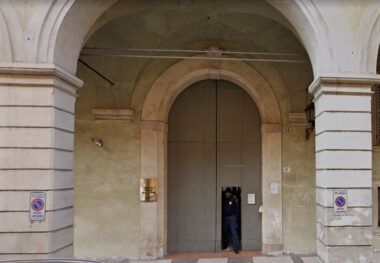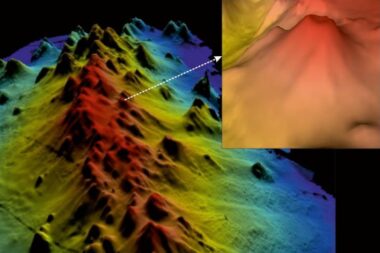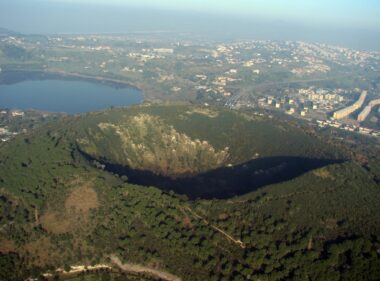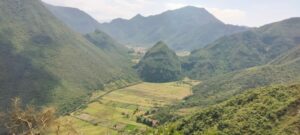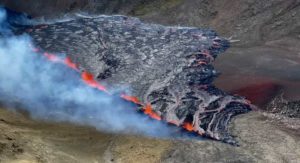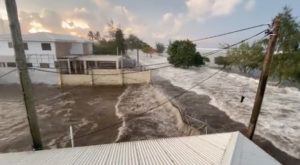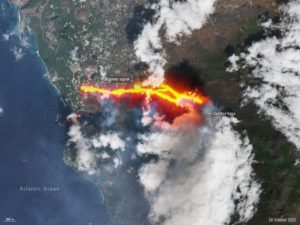Islanda, le immagini impressionanti dell’eruzione del vulcano
Il vicino centro termale turistico Blu Lagoon è stato chiuso questa mattina
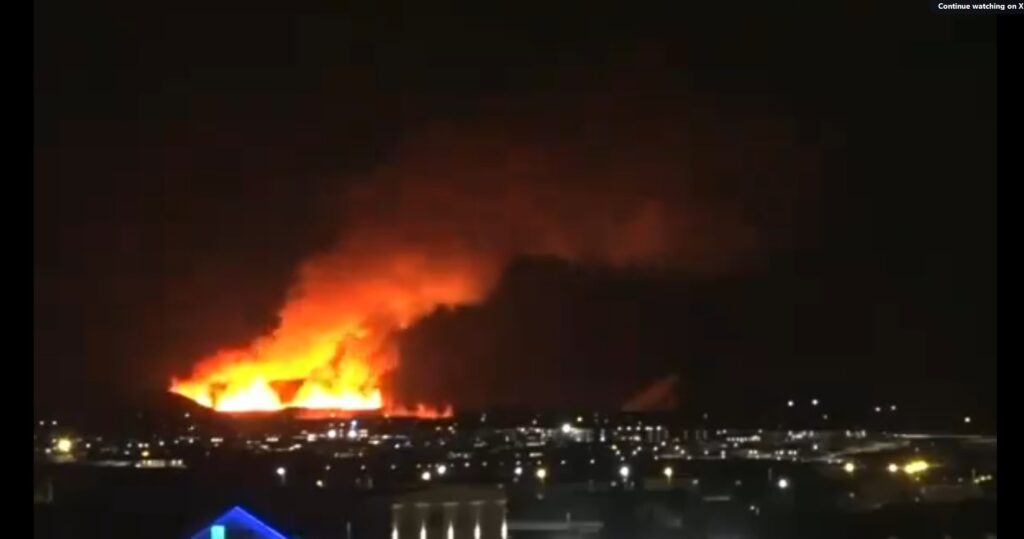
ROMA – Fontane di lava fino a 80 metri nell’aria, pennacchi di fumo e roccia fusa. Un vulcano in Islanda ha eruttato per la seconda volta da inizio anno, quarta da novembre 2023, in un’area a circa 35 km dalla capitale Reykjavík. Il centro termale Blu Lagoon è stato chiuso, mentre Grindavik, piccolo villaggio vicino al vulcano, era già stato evacuato dopo l’ultima attività vulcanica. L’eruzione è di tipo fessurale, tipica dei vulcani islandesi, in cui si sviluppa una fuoriuscita di lava da una spaccatura, non da un cratere.
My view from the ✈️ as we took off from #Reykjavik this morning. Incredible to see the power of nature like this. #Iceland #eruption #volcano 🌋 pic.twitter.com/vocMS9PuN1
— Dr Bryony Mathew (@BryonyMathew) February 8, 2024
The moment the eruption in #Iceland began 🌋
Speed X20
Link to livestream below 👇 pic.twitter.com/U5HpuIrBp1
— Volcaholic 🌋 (@volcaholic1) February 8, 2024
🚨❗️❗️ A new eruption has started in #Iceland….
— Volcaholic 🌋 (@volcaholic1) February 8, 2024
It started northeast of Sýlingarfell on the Reykjanes Peninsula just after 6 am, following an earthquake swarm in the magma intrusion north of Grindavík approximately thirty minutes earlier.
The fissure spans 3 km and channels… pic.twitter.com/xAloq7XGmd
Le notizie del sito Dire sono utilizzabili e riproducibili, a condizione di citare espressamente la fonte Agenzia DIRE e l’indirizzo www.dire.it




